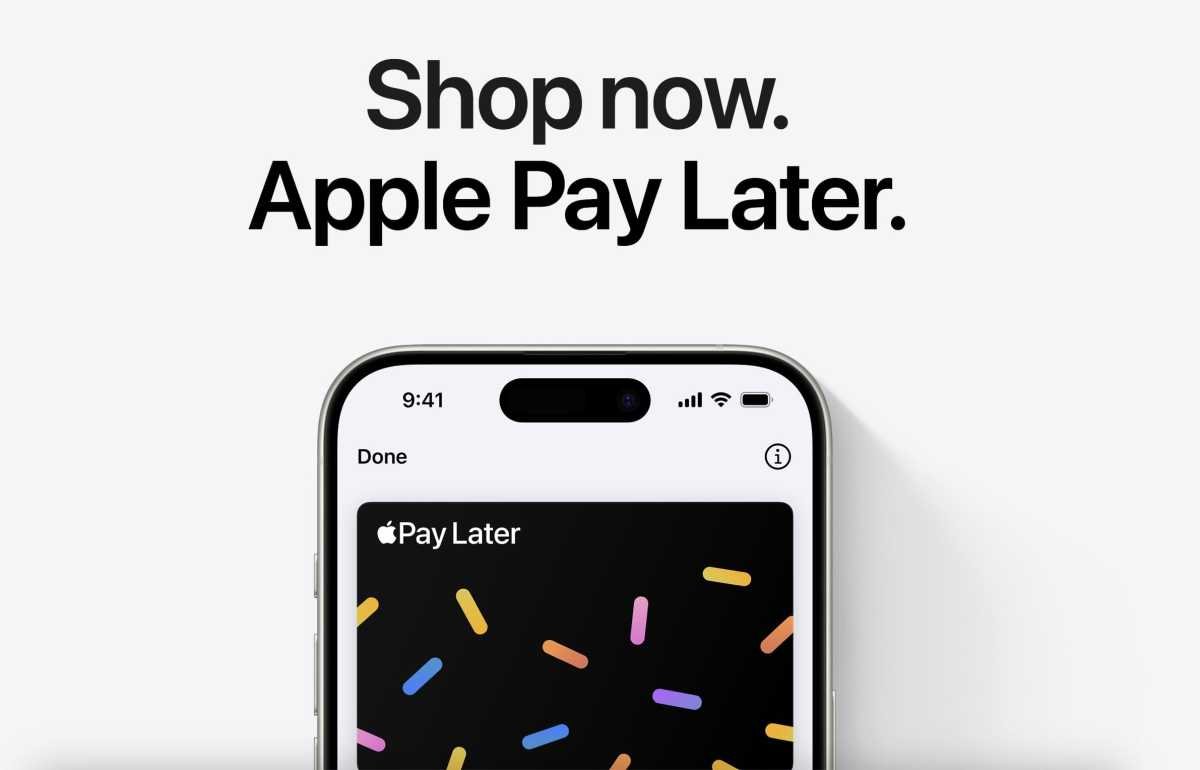In a sweeping antitrust lawsuit against Apple and its highly lucrative iPhone business, the U.S. Justice Department specifically targets the company’s financial endeavors, with a focus on how it utilizes Apple Pay to thwart competition and rake in billions in annual revenue.
“The fees that banks and others pay to integrate with Apple Pay discourage them from developing innovative services that could potentially rival Apple,” the DOJ alleges.
Apple has faced regulatory scrutiny over Apple Pay before. In 2020, the European Commission launched an antitrust investigation into the company. And in January 2024, likely with a sober understanding of the numerous other regulatory battles it would be facing in the near future, Apple made some concessions by announcing plans to allow third-party access to its NFC technology to create their own tap-to-pay payment services (although this offer is still under evaluation).
Interestingly, while Europe has been a hotbed for Apple antitrust actions – the company was fined almost $2 billion earlier this month for violating antitrust rules in music streaming – the DOJ’s complaint, which spans almost 90 pages, only mentions European activity in relation to the Apple Pay case.
Regarding the original EU complaint against Apple’s payment monopoly, it appears that PayPal – a large player in the mobile transactions and point-of-sale technology sectors – had a hand in it. When asked for comment on the DOJ’s complaint, a PayPal spokesperson declined, stating that the company is closely monitoring the proceedings.
The DOJ’s Argument
Currently, Apple charges a 0.15% fee for any transaction made using Apple Pay. In 2021, this amounted to $1 billion in revenue. By 2022, it had grown to $1.9 billion, and in 2023, estimates suggest the figure more than doubled to reach $4 billion.
However, these amounts are relatively small for a company that made over $383 billion in overall revenue in 2023.
But Apple’s long-term strategy is to be at the forefront of the digital payment world. As the DOJ notes, the company envisions a future where “paying for products and services with a digital wallet will eventually become something people do every day of their lives.” This is central to the iPhone ecosystem and the ubiquity of iPhone ownership, and is a key focus of the DOJ’s complaint.
The crux of the DOJ’s argument is that, in the U.S., Apple has complete control over how users make tap-to-pay transactions using the NFC functionality of their iPhones. This not only prevents other companies from building tap-to-pay features into third-party mobile wallets, but also hinders the potential for innovation in this space.
“Without Apple’s actions, cross-platform digital wallets could also be used for managing subscriptions and in-app purchases,” the DOJ states.
One pressing concern is that Apple Wallet holds all the cards – both literally and figuratively – and can become a dominant super app that offers more than just payment functions. The DOJ points out that Apple has also prohibited the development of other financial features on iOS.
“Apple envisions that Apple Wallet will ultimately replace physical wallets and become a single app for shopping, digital keys, transit, identification, travel, entertainment, and more.”
Apple’s ownership of payment functionality also gives it access to all of the customer data that comes with it. The DOJ has identified this as a key component of Apple’s business strategy, which ultimately centers around selling its smartphones.
The DOJ argues that if third-party developers were able to create cross-platform wallets, it would be easier for users to switch to a different smartphone without losing access to their payment information. Additionally, users could access new apps and technologies without having to share their financial data with additional third parties, including Apple.
“This would make the iPhone more attractive and profitable in the short term,” the DOJ states. “Therefore, the absence of cross-platform digital wallets on the iPhone makes it difficult for users to switch to a different smartphone.”
While Apple does encourage banks, payment companies like PayPal, and merchants to integrate Apple Pay into their workflows, it is ultimately about encouraging transactions on Apple Pay rather than building their own payment features.
“Apple uses its smartphone monopoly to block these partners from developing superior payment products and services for iPhone users,” the DOJ claims.
Interestingly, both Samsung and Google are cited as examples of payment app developers that do not charge fees for transactions made through their payment apps, which highlights the impact of Apple’s fees on issuing banks.
Although Apple would likely argue that Apple Pay removes friction in the purchasing process and ultimately increases overall transactions, the DOJ sees it differently. They cite estimates from the U.S. Consumer Financial Protection Bureau, which suggest that Apple Pay facilitated nearly $200 billion in transactions in the U.S. in 2022, with that number expected to nearly triple by 2028.
For now, it seems like a one-sided development direction where Apple is the sole benefactor. As the DOJ points out, Apple’s actions are not only about profits, but also about maintaining its dominance in the digital payment world. This is just one of many reasons why the DOJ has taken aim at Apple’s monopolistic practices.
For more information on the DOJ’s antitrust lawsuit against Apple, click here.








